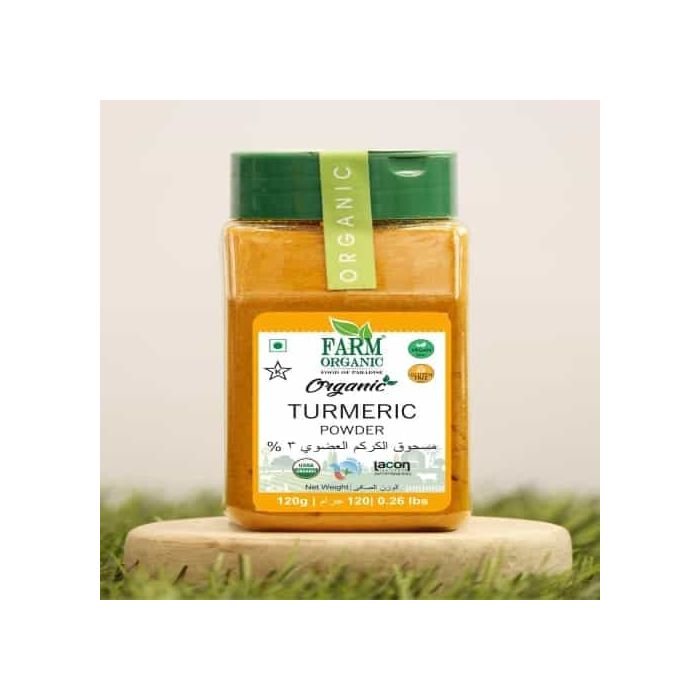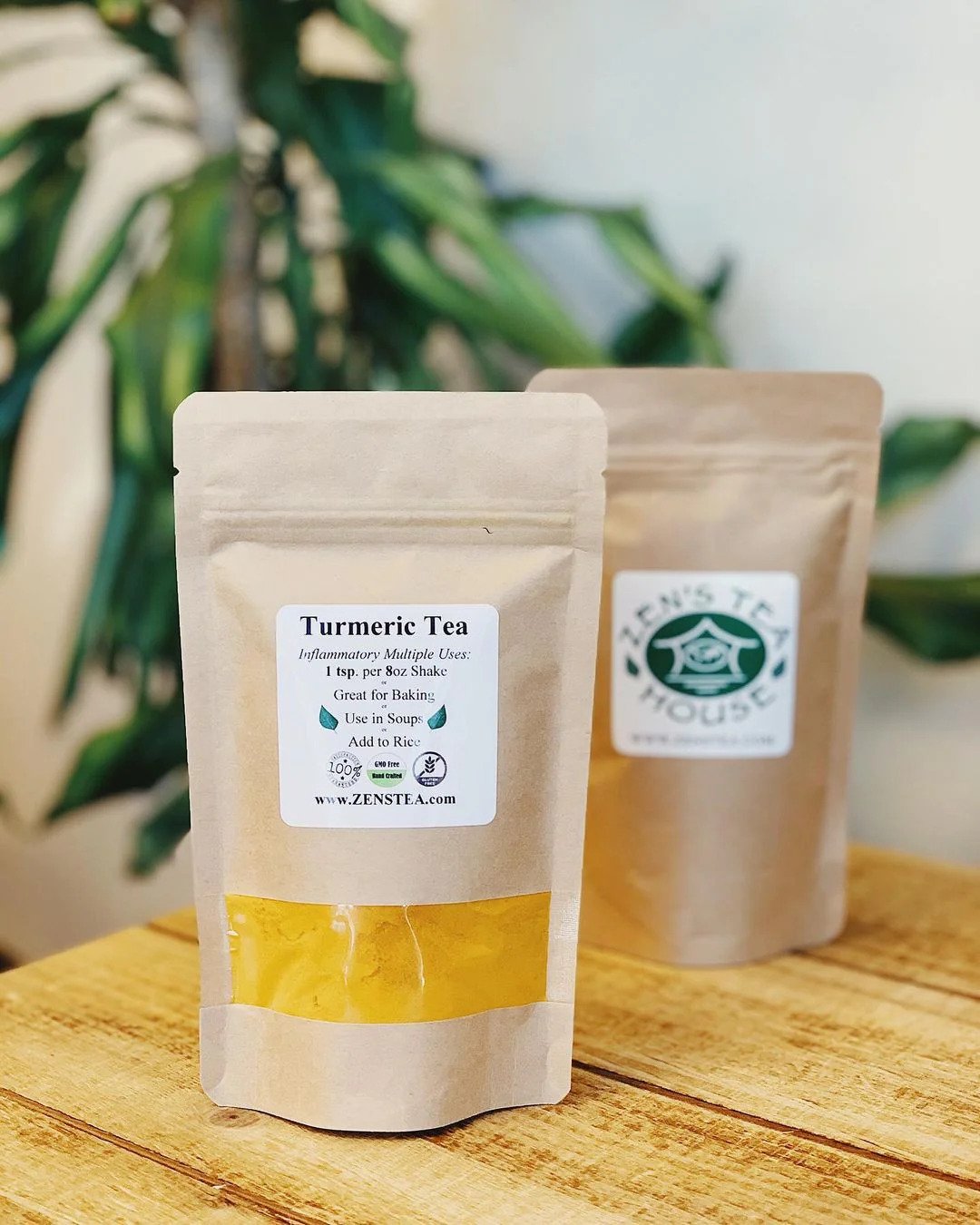As pet owners, we all want our furry friends to live long and healthy lives. We take them for walks, play with them, and give them the best food we can afford. But have you ever considered adding a little spice to your pet’s diet? Turmeric, a golden spice commonly used in Indian cuisine, has been gaining popularity in the pet world for its potential health benefits. In this article, we’ll explore the benefits of turmeric for your pet’s diet and how you can incorporate it into their meals. So, let’s dive into the world of golden health and see how turmeric can improve your pet’s well-being.
1. “The Golden Spice: Turmeric’s Benefits for Your Furry Friend”
Turmeric, also known as the “golden spice,” is a popular ingredient in many human dishes. However, did you know that turmeric can also benefit your furry friend? Here are some of the benefits of turmeric for your pet:
- Anti-inflammatory properties: Turmeric contains a compound called curcumin, which has anti-inflammatory properties. This can help reduce inflammation in your pet’s body and alleviate pain from conditions such as arthritis.
- Antioxidant properties: Turmeric is also a powerful antioxidant, which means it can help protect your pet’s cells from damage caused by free radicals. This can help prevent diseases such as cancer and heart disease.
- Improved digestion: Turmeric can also help improve your pet’s digestion by increasing the production of bile, which aids in the breakdown of fats. This can help prevent digestive issues such as constipation and diarrhea.
Incorporating turmeric into your pet’s diet is easy. You can sprinkle a small amount of turmeric powder on your pet’s food or mix it with a small amount of water to create a paste. However, it’s important to note that turmeric should be used in moderation and should not be given to pets with certain medical conditions, such as gallbladder disease. As always, it’s best to consult with your veterinarian before making any changes to your pet’s diet.
2. “Adding a Dash of Gold: Incorporating Turmeric into Your Pet’s Diet”
Turmeric is a spice that has been used for centuries in traditional medicine. It is known for its anti-inflammatory properties and has been used to treat a variety of ailments in humans. But did you know that turmeric can also be beneficial for your furry friend? Adding a dash of gold to your pet’s diet can help improve their overall health and well-being.
One of the main benefits of turmeric for pets is its anti-inflammatory properties. Inflammation can cause a variety of health problems in pets, including arthritis, allergies, and digestive issues. Turmeric can help reduce inflammation in the body, which can help alleviate these symptoms. Additionally, turmeric is a natural antioxidant, which can help boost your pet’s immune system and protect against disease. To incorporate turmeric into your pet’s diet, you can add it to their food or give them a turmeric supplement. Just be sure to consult with your veterinarian first to ensure that it is safe for your pet and to determine the appropriate dosage.
3. “From Joint Health to Digestion: How Turmeric Can Improve Your Pet’s Overall Well-Being
Turmeric, a spice commonly found in Indian cuisine, has been gaining popularity in the pet industry for its numerous health benefits. Here are some ways that turmeric can improve your pet’s overall well-being:
– Joint health: Turmeric contains a compound called curcumin, which has anti-inflammatory properties. This makes it a great natural supplement for pets with joint issues, such as arthritis. Turmeric can help reduce pain and swelling, and improve mobility. It can also be used as a preventative measure for younger pets to maintain healthy joints.
– Digestion: Turmeric can also aid in digestion by stimulating the production of bile, which helps break down fats. It can also help reduce inflammation in the digestive tract and alleviate symptoms of gastrointestinal disorders. Additionally, turmeric can act as a natural detoxifier, helping to eliminate toxins from the body.
Incorporating turmeric into your pet’s diet is easy. You can sprinkle a small amount of turmeric powder onto their food, or mix it with a carrier oil to make a paste. It’s important to note that turmeric can stain fabrics and surfaces, so be careful when handling it. As with any supplement, it’s best to consult with your veterinarian before adding turmeric to your pet’s diet, especially if they are on any medications or have any underlying health conditions. With its numerous health benefits, turmeric is a great natural way to improve your pet’s overall well-being. In conclusion, incorporating turmeric into your pet’s diet can have numerous health benefits. From reducing inflammation to boosting their immune system, this golden spice has been used for centuries in traditional medicine. However, it’s important to consult with your veterinarian before making any significant changes to your pet’s diet. With the right guidance and a little bit of experimentation, you may find that turmeric is the perfect addition to your furry friend’s mealtime routine. So go ahead, sprinkle a little bit of golden health into your pet’s bowl and watch them thrive!

